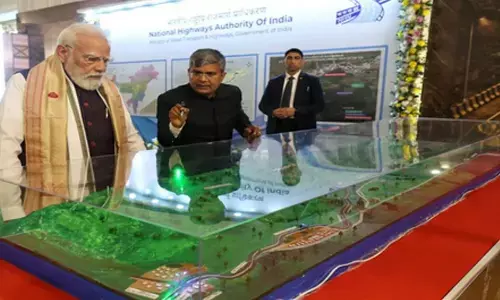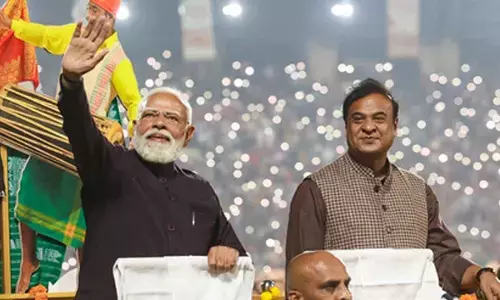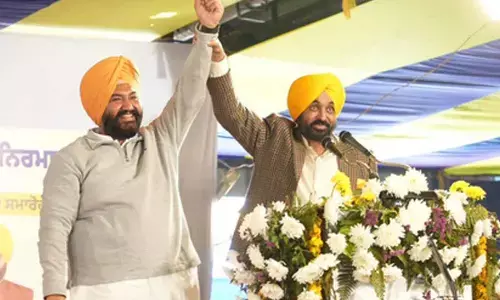IISc Bangalore ranked 16th
The Indian Institute of Science (IISc) Bangalore has climbed nine places to 16th spot in a list of the top 200 universities from 35 emerging nations, including the BRICS (Brazil, Russia, India, China and South Africa) countries.
New Delhi: The Indian Institute of Science (IISc) Bangalore has climbed nine places to 16th spot in a list of the top 200 universities from 35 emerging nations, including the BRICS (Brazil, Russia, India, China and South Africa) countries.
IISc and Indian Institute of Technology (IIT) Bombay are the two scientific research and higher education institutions from India that are among the top 30 in the latest Times Higher Education (THE) BRICS and Emerging Economies Ranking 2016. ‘THE’ is a London-based university ranking agency.
Overall, 16 Indian universities have found place in the top 200 list. “India takes 16 places in this year’s ranking with the IISc making its debut in the top 20 (16th) and IIT Bombay, the top 30 (29th),” THE said in its study.
IIT Madras (rank 36) has climbed eight places in the ranking compared to last year; its peer IIT-Delhi remained at rank 37. IIT Kharagpur (rank 45) rounds off the list of the top five Indian universities/schools.
“Top institutions including IITs have realized that despite the existing flaws in global rankings, they do influence positioning. So, they are now giving more attention to rankings,” said R. Nagarajan, a professor at IIT Madras and adviser to the institute’s alumni affairs office.
“IITs are now more focused and doing all that is needed to improve themselves in terms of education, research, consulatncy and efforts are on for internationalization. So, eventually, it will show up in international rankings,” Nagarajan added.
With 39 institutions in the top 200 list, China, however, was the clear leader. Chinese institutions occupied the top 2 spots, and captured five positions in the top 10. Taiwan was a distant second with 24 universities in the top 200 and India is the third best represented country, THE said.
Peking University of China is the top university in this year’s ranking among BRICS and emerging economies, followed by Tsinghua University; while Lomonosov Moscow State University (Russia), University of Cape Town (South Africa) and National Taiwan University (Taiwan) round off the top five.
“It is good news for India that 16 of its institutions feature in this year’s list of the best universities in the BRICS nations and emerging economies. However, India will have to work harder to compete with other developing nations, such as Russia, which have a higher proportion of institutions in the upper echelons of the table. India is the only BRICS nation without a university in the top 10,” said Phil Baty, editor of THE World University Rankings.
Anil Sahasrabudhe, chairman of the All India Council for Technical Education, said India has already started working on a national ranking system, which will help its institutions do better in global rankings. Karthick Sridhar, vice-chairman of Indian Centre for Academic Rankings and Excellence, said developing world-class universities requires commitment of money backed by a strong determination from the government.
“To create world-class capacity in research, resources must not only be abundant, they must also be allocated on the basis of scholarly merit, rather than on the basis of seniority or political influence,” Sridhar added.
-Source: livemint.com
Next Story




